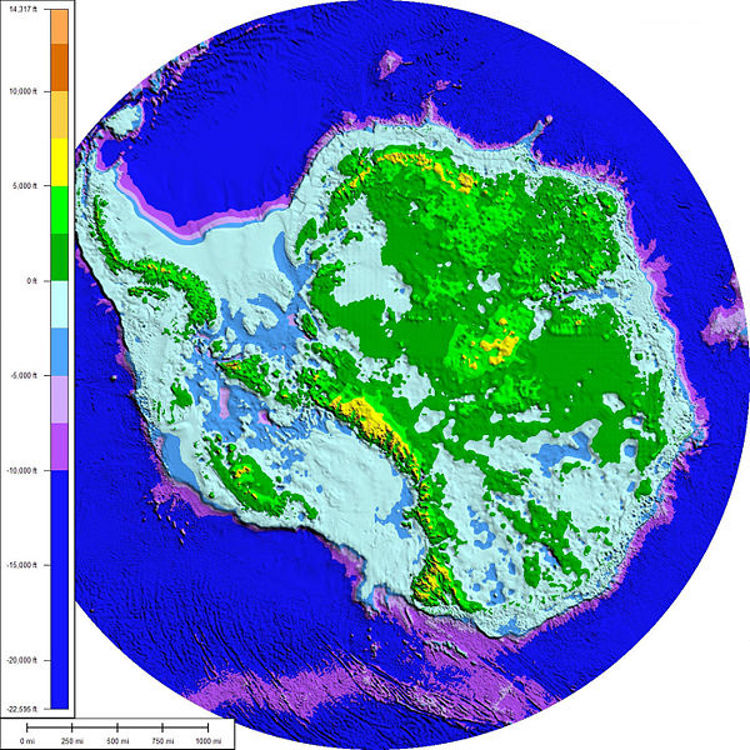
Though located at and around the South Pole, far outside regular shipping lanes, and protected by extreme weather, the Antarctic is still endangered by human activities, as well as a host of other factors. This is why researchers in the United States are currently asking for more protection of the area.
The call was issued by Texas A&M University professor of oceanography Mahlon Kennicutt II, who authored a paper on the matter in the latest issue of the top journal Science, SpaceRef reports.
As Earth's last great wilderness area, the expert argues, Antarctica deserves a special status that would ensure it remains pristine even if several research stations are already installed there, and tourism bound for the Southern Continent is flourishing.
This refers to oil, natural gas and mineral exploitations being conducted both on and around Antarctica. The type of pollution released by such installations would make short work of the fragile, yet balanced, ecosystems of Antarctica.
Additional threats include global warming and associated climate change, species loss, sea and land ice melting, increasing tourism and overfishing, and the introduction of invasive species into established habitats. These factors act on all time frames, short, medium or long alike.
Thus far, the 1962 Antarctic Treaty System – to which more than 50 countries adhered – has served well for preserving the continent, but several nations are growing more interested in the area's natural resources. However, claiming them would have significant repercussions worldwide.
“Many people may not realize that Antarctica is a like a 'canary in a coal mine' when it comes to global warming, and Antarctica serves as a sort of thermostat for Earth,” Kennicutt explains.
“The polar regions are the most sensitive regions on Earth to global warming, responding rapidly, so what happens in Antarctica in response to this warming affects the entire Earth system in many ways that we barely understand,” the expert adds, quoted by SpaceRef.
“Antarctica contains over 90 percent of the fresh water in the world, locked up as solid water in its massive ice sheets. Research that develops fundamental knowledge and understanding of these complex systems conducted in and from Antarctica is critical to understanding many of the challenges facing Earth today,” he concludes.
Via: The Wildernesses of Antarctica Need to Be Protected
Tidak ada komentar:
Posting Komentar